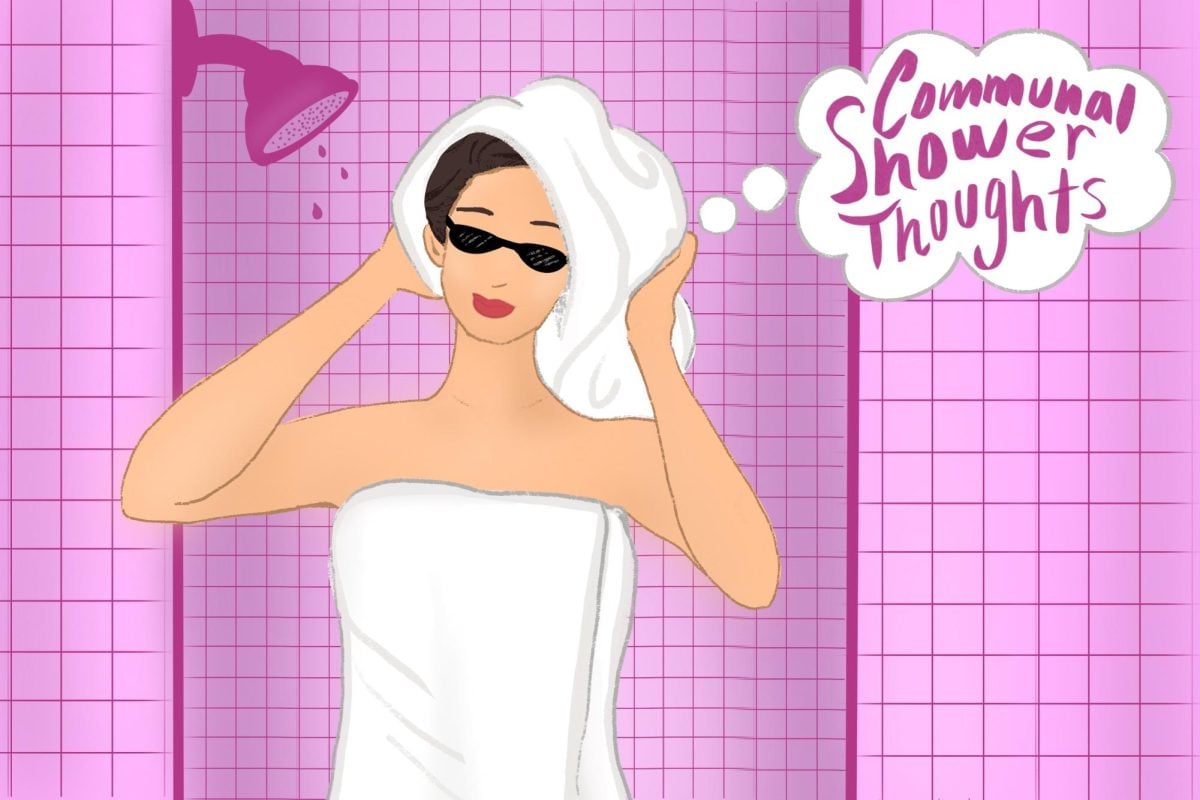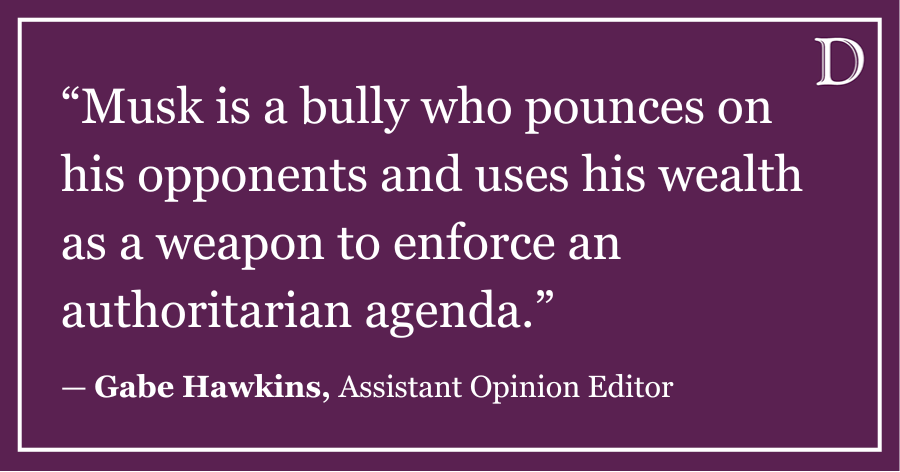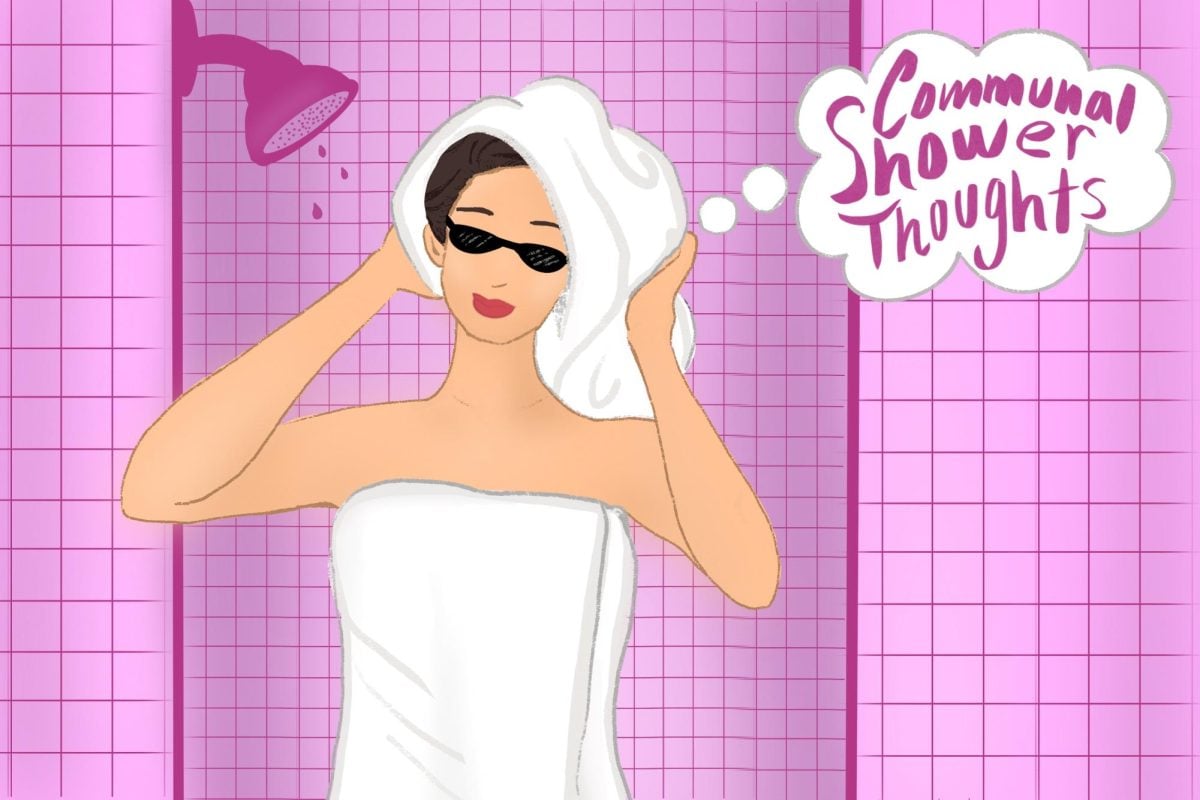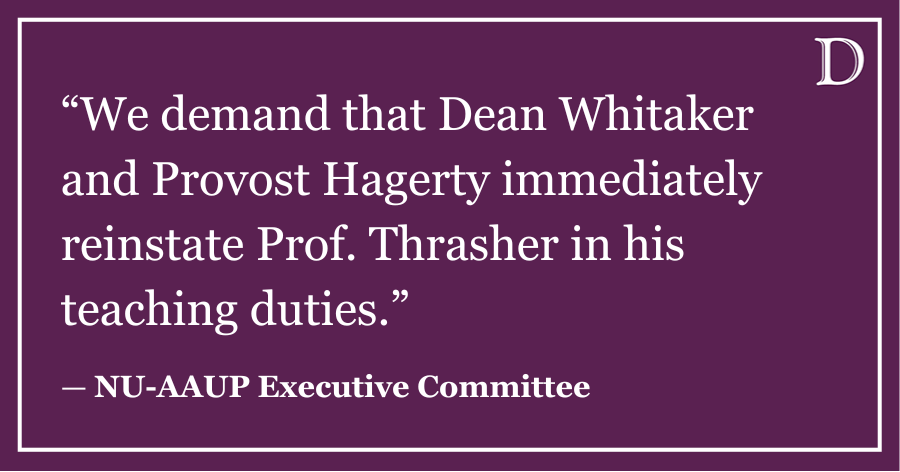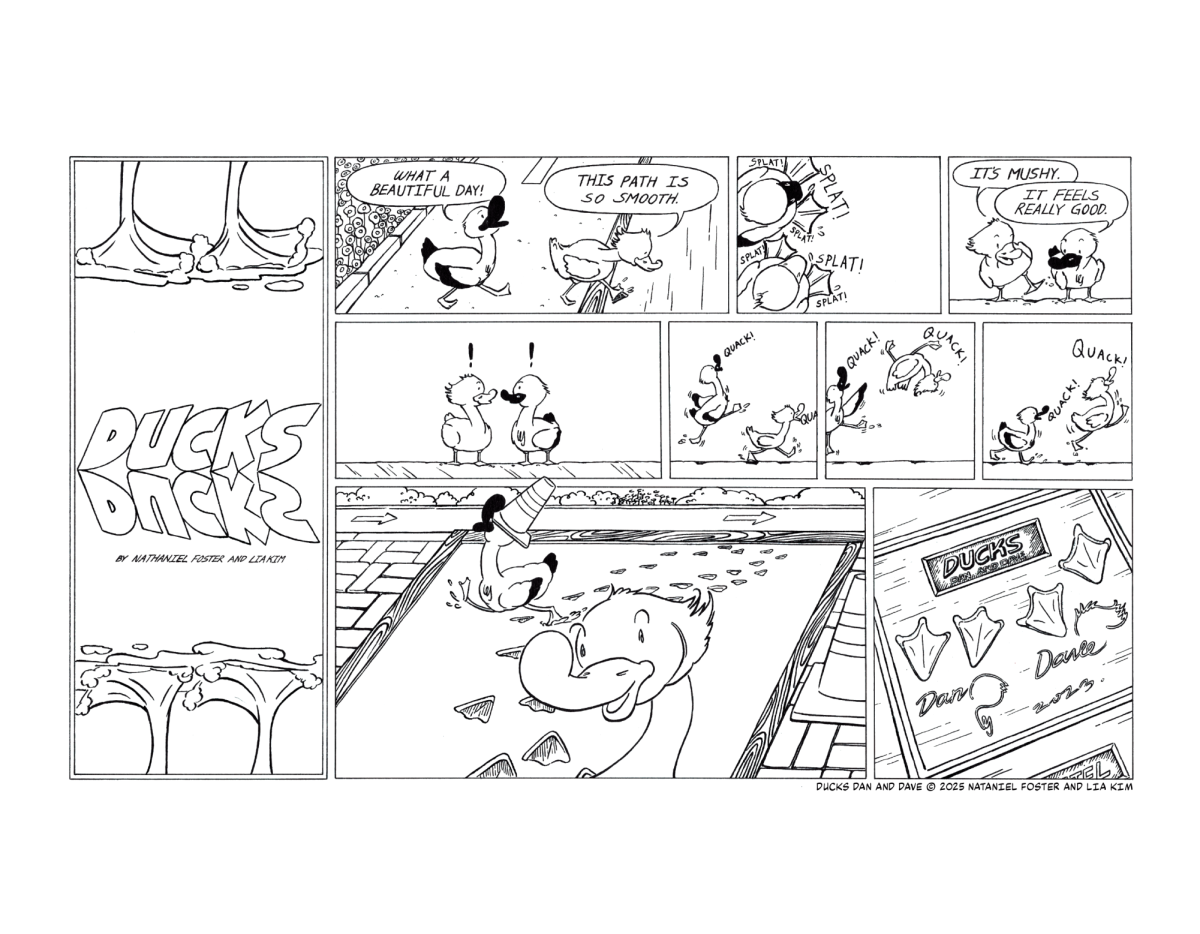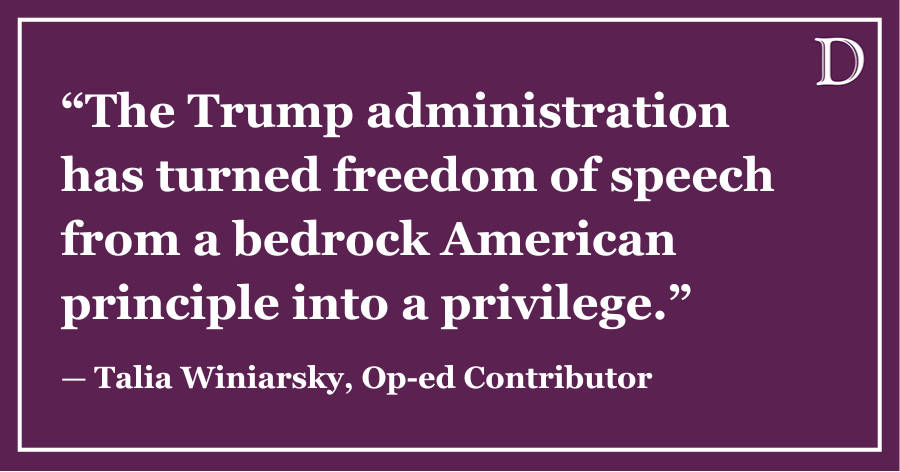On Feb. 12, a man named Christopher Dorner died in a cabin in the San Bernardino Mountains during a standoff with police. If police had instead successfully restrained and imprisoned him, I would hope he would have been introduced to the National Rifle Association’s executive vice president, Wayne LaPierre.
Voicing the official stance of the NRA, LaPierre has opposed legislation banning assault rifles or limiting clip sizes, he expressed a refusal to closely regulate gun shows, and he has even rejected the idea of creating a national gun registry. That’s because LaPierre seems to truly believe in his heart that “the only thing that stops a bad guy with a gun is a good guy with a gun.” However, nobody is truly a “bad guy” or a good one; as people, we behave in complex ways. Sometimes our actions are good, and sometimes they’re bad. But, as Dorner’s story shows us, even the most respected among us are not infallible, and forming a security policy that amounts to “guns for everyone, and the good guys will win” is downright foolish.
Before he published his manifesto earlier this month, Dorner’s biography read as that of an upstanding citizen and a national hero. He graduated from Southern Utah University before enlisting in the Naval Reserves in 2001. During his time as a reservist he served in Bahrain, returned almost $8,000 of found money, and was promoted to lieutenant.
Dorner joined the Los Angeles Police Department in 2005. Issues began when, in 2007, Dorner filed a claim that his training officer used excessive force, and even though testimony was largely in his favor, an investigation concluded he falsified the claim. He was fired.
At this point, Dorner’s story truly reads of a hero: lieutenant, officer of the law, victim of a corrupt system and social injustice. If the NRA needed an embodiment of just and responsible gun owners, none would have been better than Dorner.
That all changed on Feb. 3, when Dorner killed a former police captain’s daughter and her fiance. In the next nine days, Dorner wounded three people and killed two LAPD officers. Just like that, he went from being a shining example of a “good guy” to one of the most vilified (and rightfully so) kinds of people in society — a murderer, a cop-killer, a “monster.”
Dorner’s story is a familiar one. As they say, the bigger they are, the harder they fall, and even the mightiest can topple overnight. Dorner was a pillar of justice, honesty and heroism, and distress over his firing caused him to throw it all away, tragically ending four other lives along the way. His is a story we must all keep at the forefront of our thoughts as the national debate over gun control rages on.
LaPierre is not a bad man. He may come off as paranoid to some, and he may be stubborn and self-serving, but he’s telling the truth when he says he wants to protect our children. Unfortunately, his black-and-white view of the world, where there are good people and “people so evil, so deranged… that no sane person can possibly comprehend them” is not only naive, but dangerous.
LaPierre, as a result, has remained vehemently opposed to any sort of gun reform. Instead, he believes the solution to the problem caused by guns, bafflingly, is more guns and only more guns. The NRA wants armed guards at every school; the problem is, had this been proposed in 2006, Dorner could have been one of those guards. Only now do we see what a disaster that could have been, but it’s not too late to understand how others just like him can be out there.
Of course, most officers aren’t like Dorner. Most are honest, virtuous citizens that deserve our utmost respect, but they are not infallible. I am absolutely open to the idea of putting guards in schools (my public school in Florida had one), but it’s certainly not the answer to all of our problems. After all, one officer acting like a “bad guy” after being entrusted with the security of a school is more dangerous than no guards at all. But all the guards in the world won’t guarantee safety because officers, just like us, are people, not gods. Violence cannot be subdued without seriously addressing gun control. That includes creating a national registry, enforcing background checks and mental evaluations, and setting a limit on clip sizes. Placing guards at school is an idea that should not be ignored, but without the real reform that LaPierre so strongly opposes, progress will be impossible.
Yoni Muller is a Weinberg sophomore. He can be reached at jonathanmuller2015@u.northwestern.edu. If you want to publicly respond to this column, send a Letter to the Editor to forum@dailynorthwestern.com.



